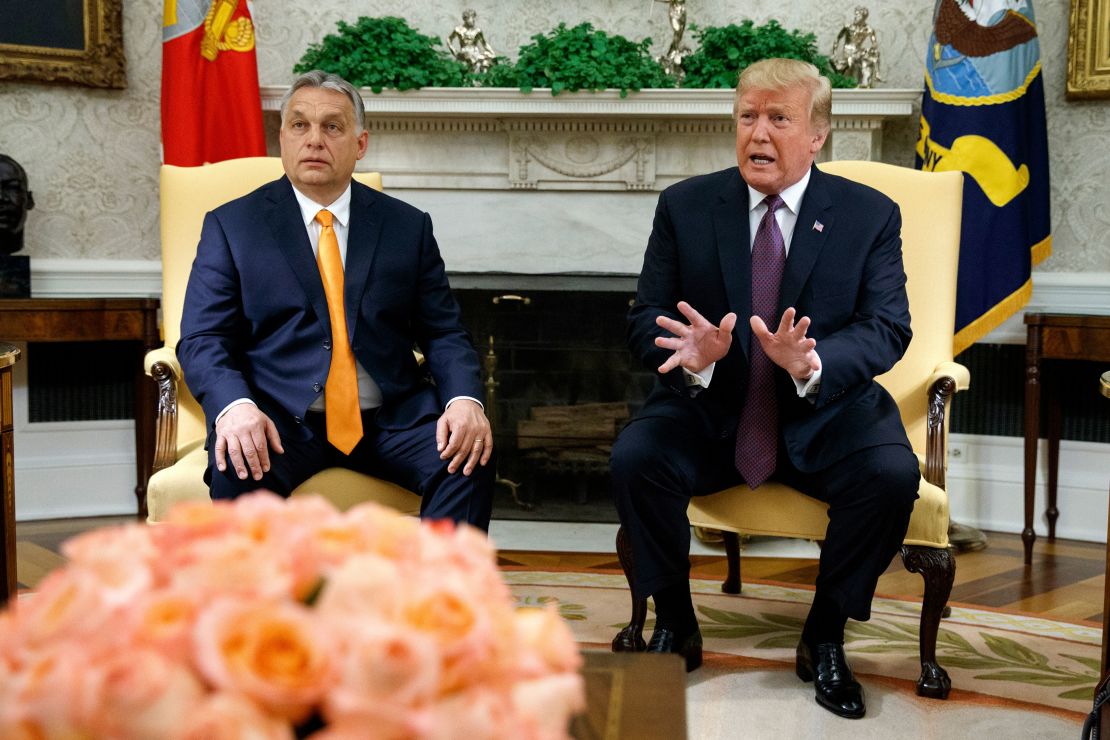The GOP is starting to look a lot like an autocratic party, a large study into political identity has found.
Experts from the V-Dem Institute at the University of Gothenburg in Sweden said the US Republican Party had become more illiberal and populist in recent decades and that its recent retreat from democratic norms has left it resembling authoritarian ruling parties like Hungary’s Fidesz and Turkey’s AKP.
“What we see is that the disrespect of political opponents, the encouragement of violence and also the violation of minority rights … they have all clearly increased with the Republican Party in recent years, since [President Donald Trump] came in the leadership but also before that,” Anna Luehrmann, V-Dem’s deputy director and one of the lead authors of the study, told CNN.
The US Democratic party has not shown a similar shift towards illiberalism, according to the study.
Researchers found that Democrats had become more populist and more anti-elitist since 2000, but less so than the Republicans. The move on the illiberalism scale pushed the GOP further away from its traditional European equivalents and towards more autocratic groupings.
Luehrmann said the trend could be described as toxic polarization.
“What we see with the US is that the disagreement is not any more just about policy, we see that at least one political group seems to go by: ‘Take all means necessary to achieve our policy goals’,” she said.

The researchers looked in particular at each party’s willingness to uphold democratic norms and guard the democratic process – since Luehrmann said that’s where the real danger lies.
“The disagreement about immigration policy, the disagreement about LGBT equality … yes, we have that – we have sort of issue polarization here as well – but what we can see is that there’s a dangerous lack of commitment to democratic norms,” she said.
The study, the largest of its kind, looked at the shifts in the identity of political parties across 169 countries between 1970 and 2019, based on the assessments of 665 experts who considered 30 detailed indicators in their research.
The US isn’t the only one seeing a trend towards illiberalism – the study showed the shift is a global phenomenon.
It found that the median governing party in democracies around the world is becoming more illiberal, showing lower commitment to political pluralism, demonizing political opponents, disrespecting fundamental minority rights and encouraging political violence.
“There’s a real danger here that these parties are going to walk the talk when they are elected and that the path of democratic erosion accelerates,” Luehrmann said.
There were a few exceptions though – Luehrmann said Podemos in Spain and the ANC in South Africa are examples of political parties that have become less illiberal in recent years.



